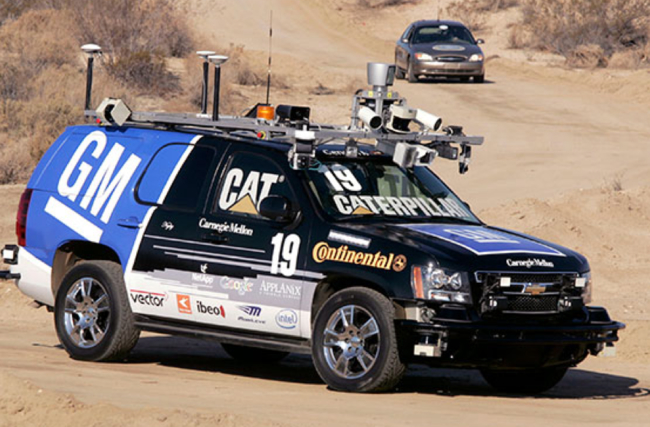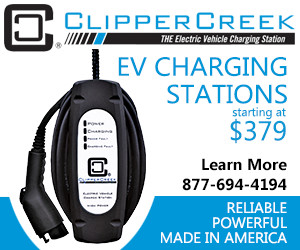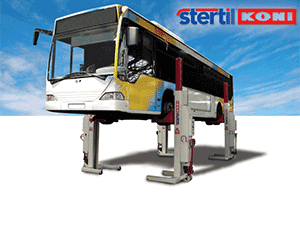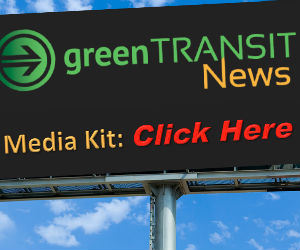Pennsylvania Task Force Formed to Focus on Autonomous Driving Vehicles
Citing the future anticipated benefits to travel safety, the environment and mobility, PennDOT Secretary Leslie S. Richards recently joined elected, industry and other transportation officials to mark the state’s continued steps to help lead on the topic of safe, innovative development of autonomous and connected vehicle technologies.
“We are always looking at ways to make travel safer, and these new vehicle technologies offer a huge opportunity to not only advance our network, but also reduce human behavior as a factor in crashes,” Richards said. “We’re looking forward to expanding on the innovation that’s already alive and well here in Pittsburgh so companies can test their technologies in our state’s varied seasons and roadway types.”
Richards spoke at an event in Pittsburgh before the first meeting of a newly established Autonomous Vehicles Testing Policy Task Force that will collaboratively develop guidance that PennDOT will use when drafting autonomous vehicle policy. PennDOT is chairing the task force, which is comprised of state, federal and private-industry officials such as the Federal Highway Administration, AAA, Carnegie Mellon University (CMU) and Uber Technologies.
According to Carnegie Mellon University, which hosted the Task Force meeting and demonstrated its autonomous technologies after the event, the university’s faculty and students have been working for more than 30 years to ensure that self-driving cars will be safe, affordable, and ultimately, accepted by the public. The university has made significant contributions to AV technology inventions and has created 14 generations of self-driving vehicles. The university’s latest self-driving car is a 2011 Cadillac SRX that takes ramps, merges onto highways, and cruises at 70 mph by itself.
Also participating in the event were lawmakers who are sponsoring legislation in the state Senate and House that would establish Pennsylvania as a national leader in autonomous vehicle testing.
The legislation would:
- Provide for controlled automated vehicle testing, not operation;
- Allow flexibility to adapt to changing technology;
- Require companies interested in testing to submit an application and provide proof of $5 million in general liability insurance; and
- Allow support for in-vehicle and remote-operator testing, considered the “Full Self-Driving Automation” level, the fourth and highest level of automation as defined by the National Highway Traffic Safety Administration.
Category: Uncategorized













